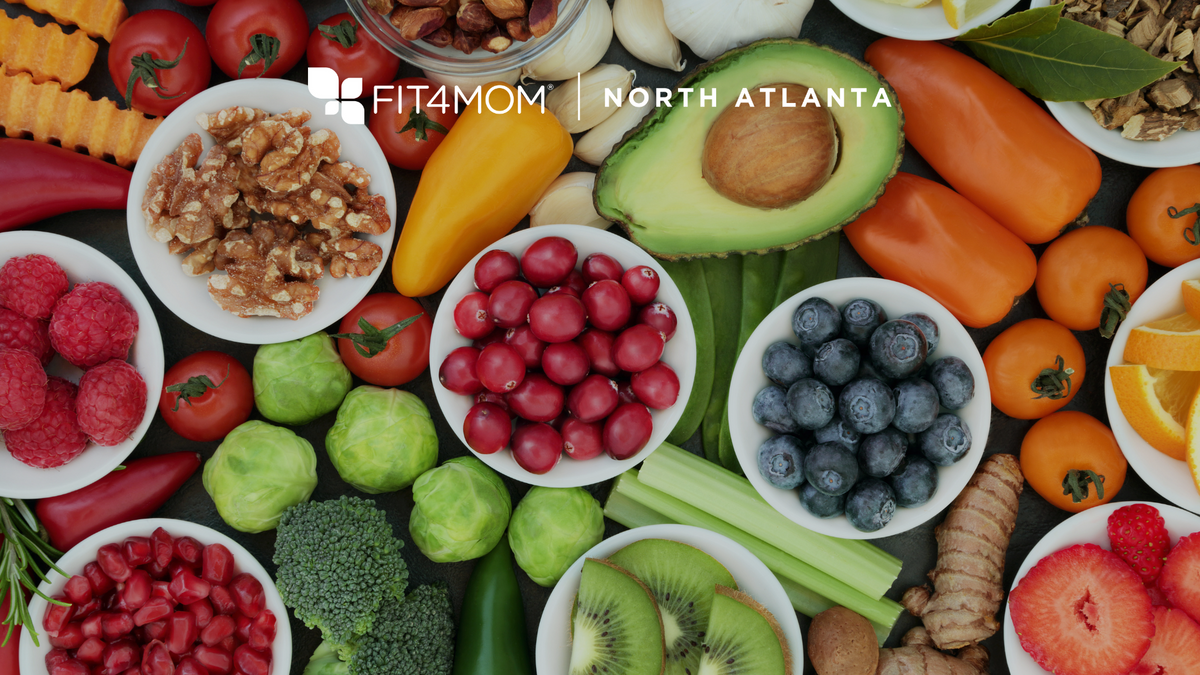If you’re a mom, you know that “busy” is an understatement. Between early morning routines, work or running errands, kids’ activities, and somehow finding time for yourself, your brain is constantly on overdrive. And yet, that “mom brain” — forgetfulness, fatigue, struggling to concentrate — doesn’t have to be inevitable. What you eat plays a big role in how sharp, alert, and resilient your mind can be.
Here are practical, science-backed nutrition tips (plus easy food ideas) to help busy moms boost mental clarity, memory, and energy.

